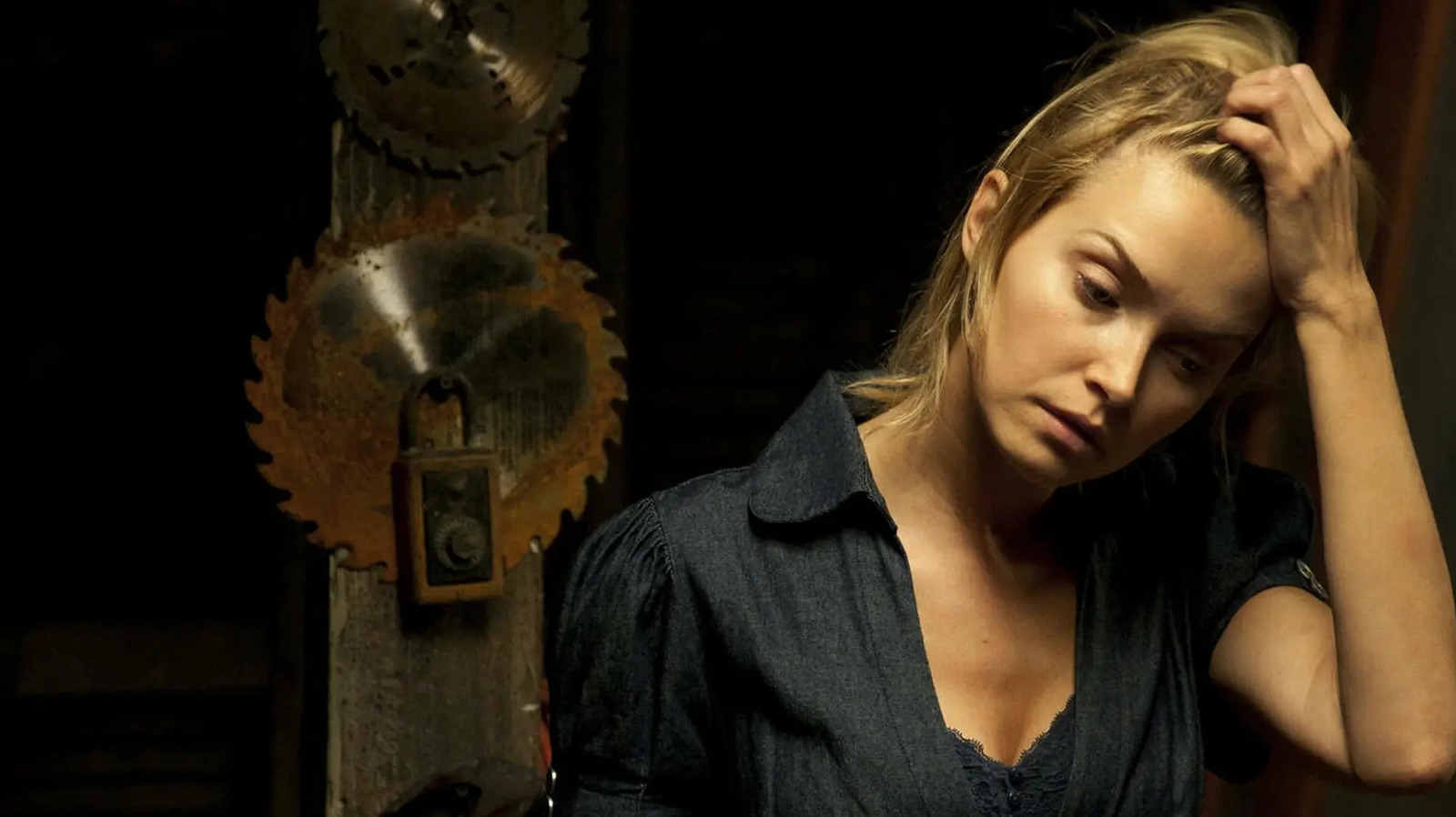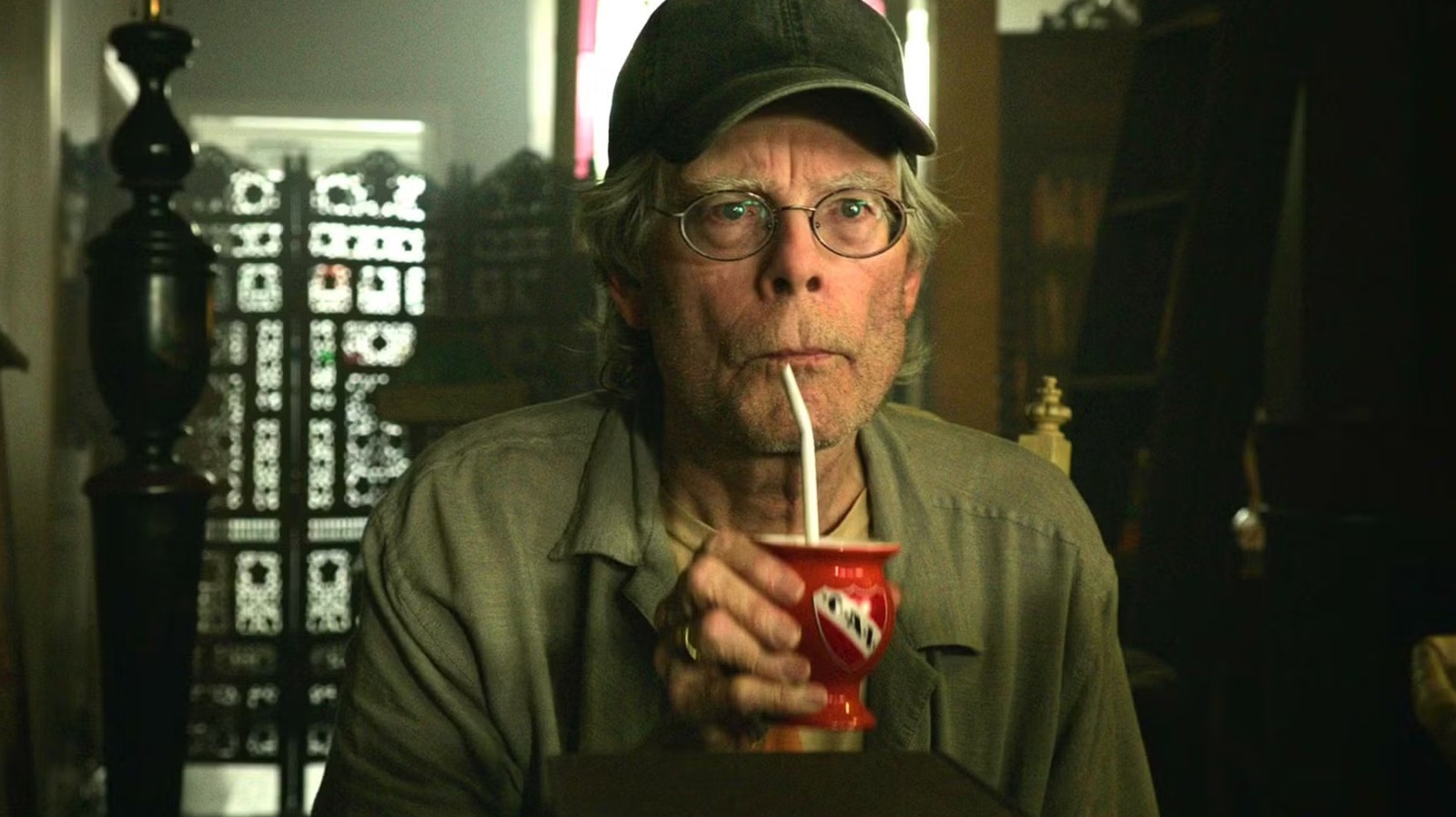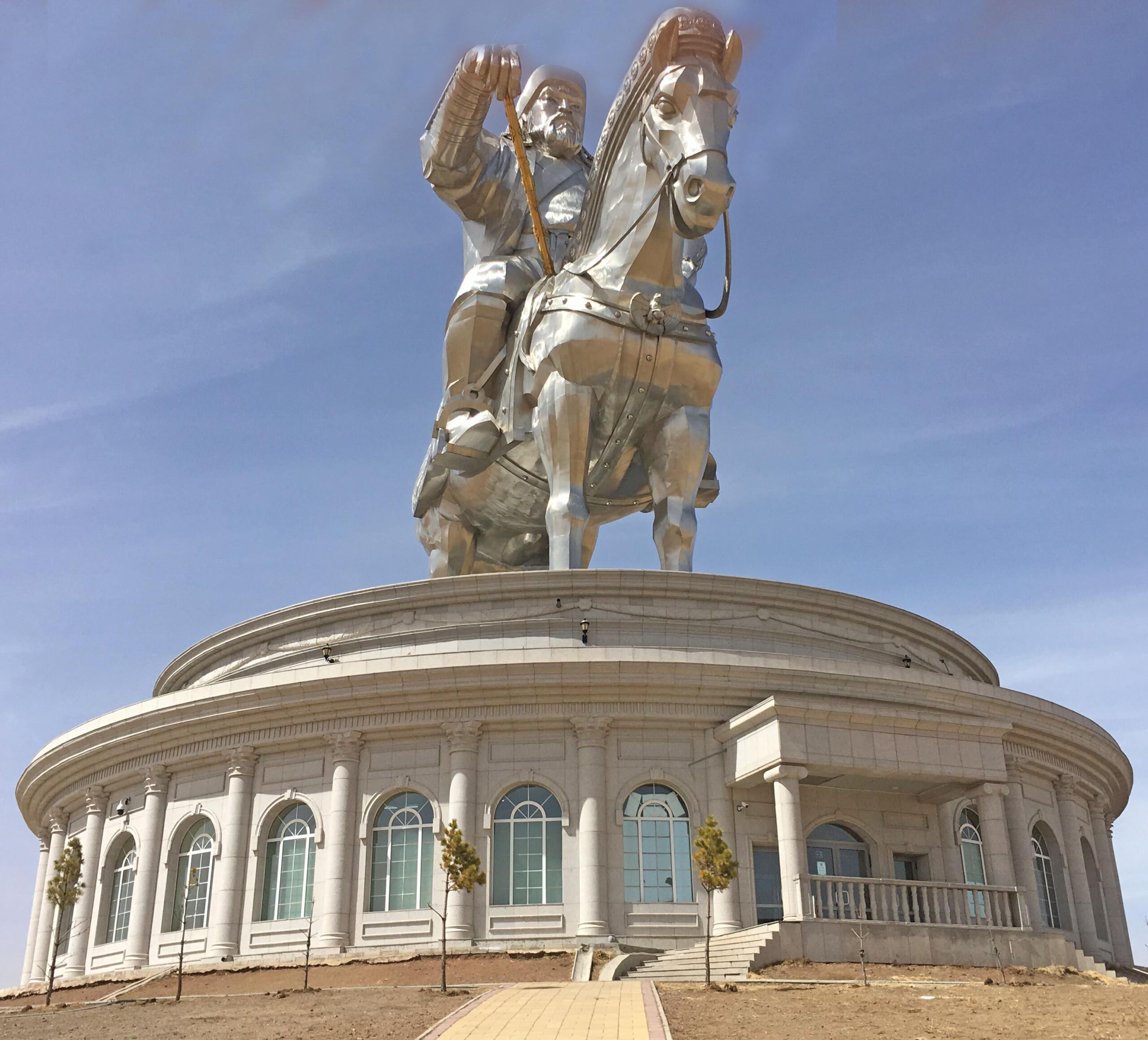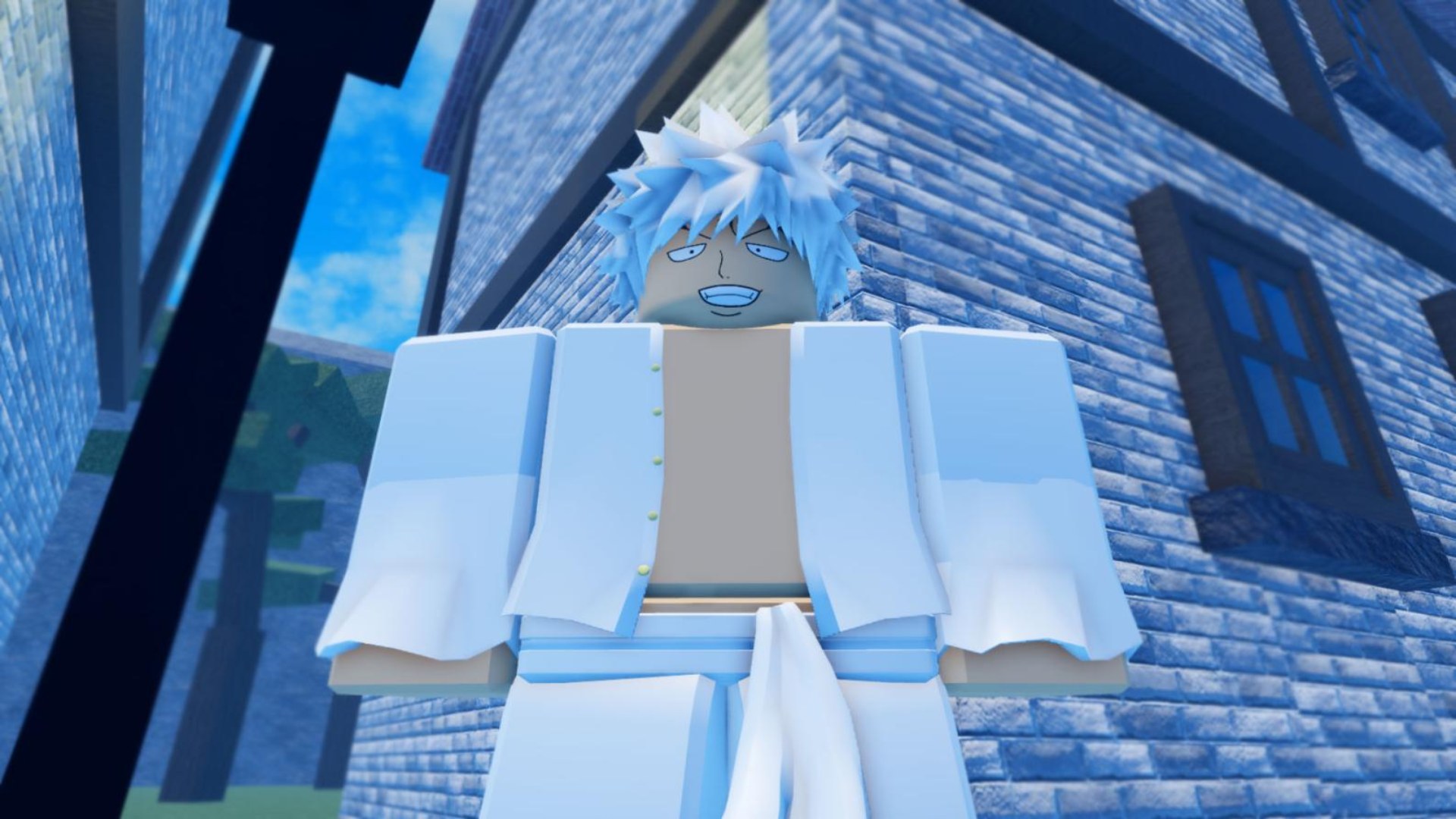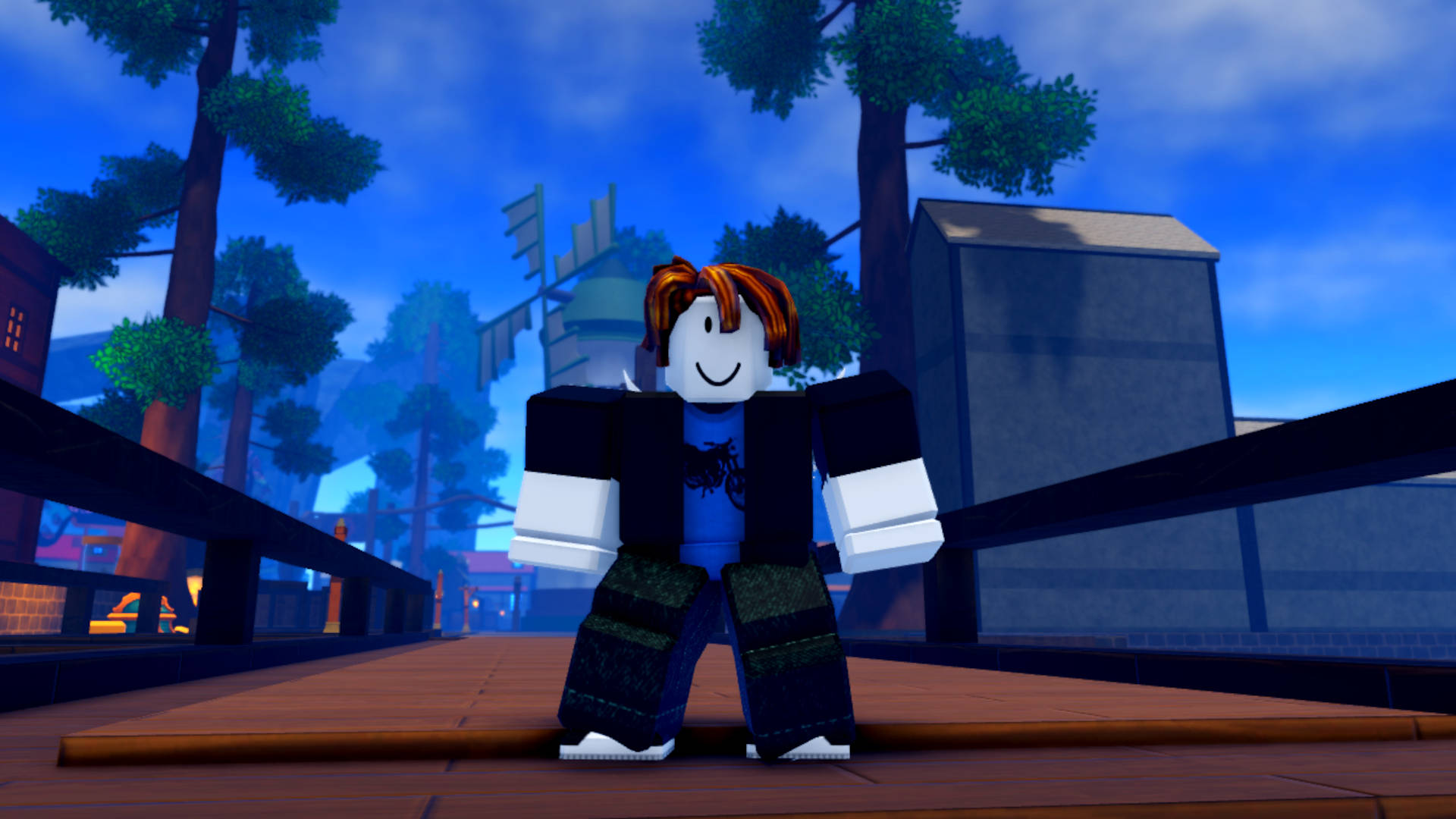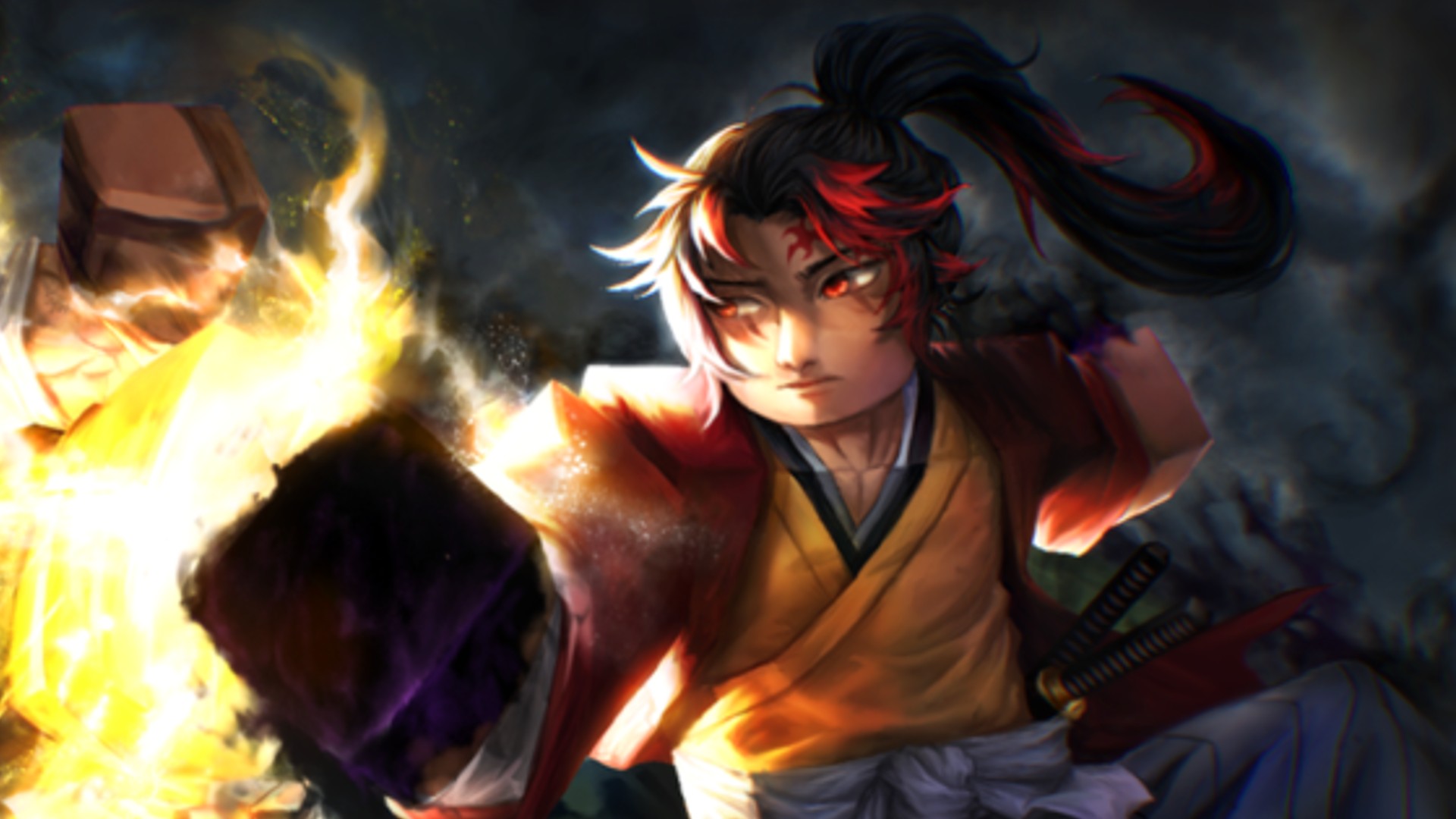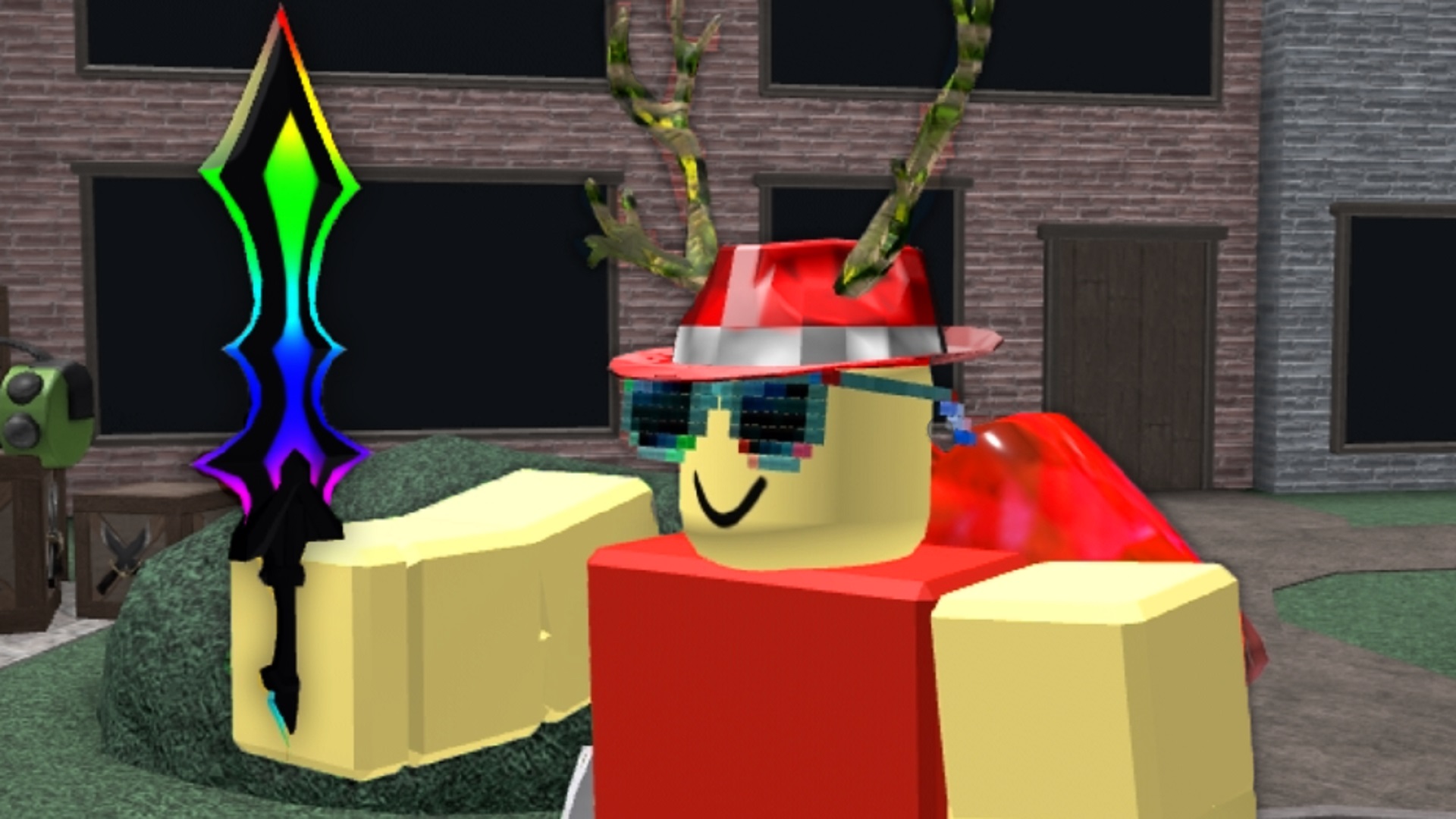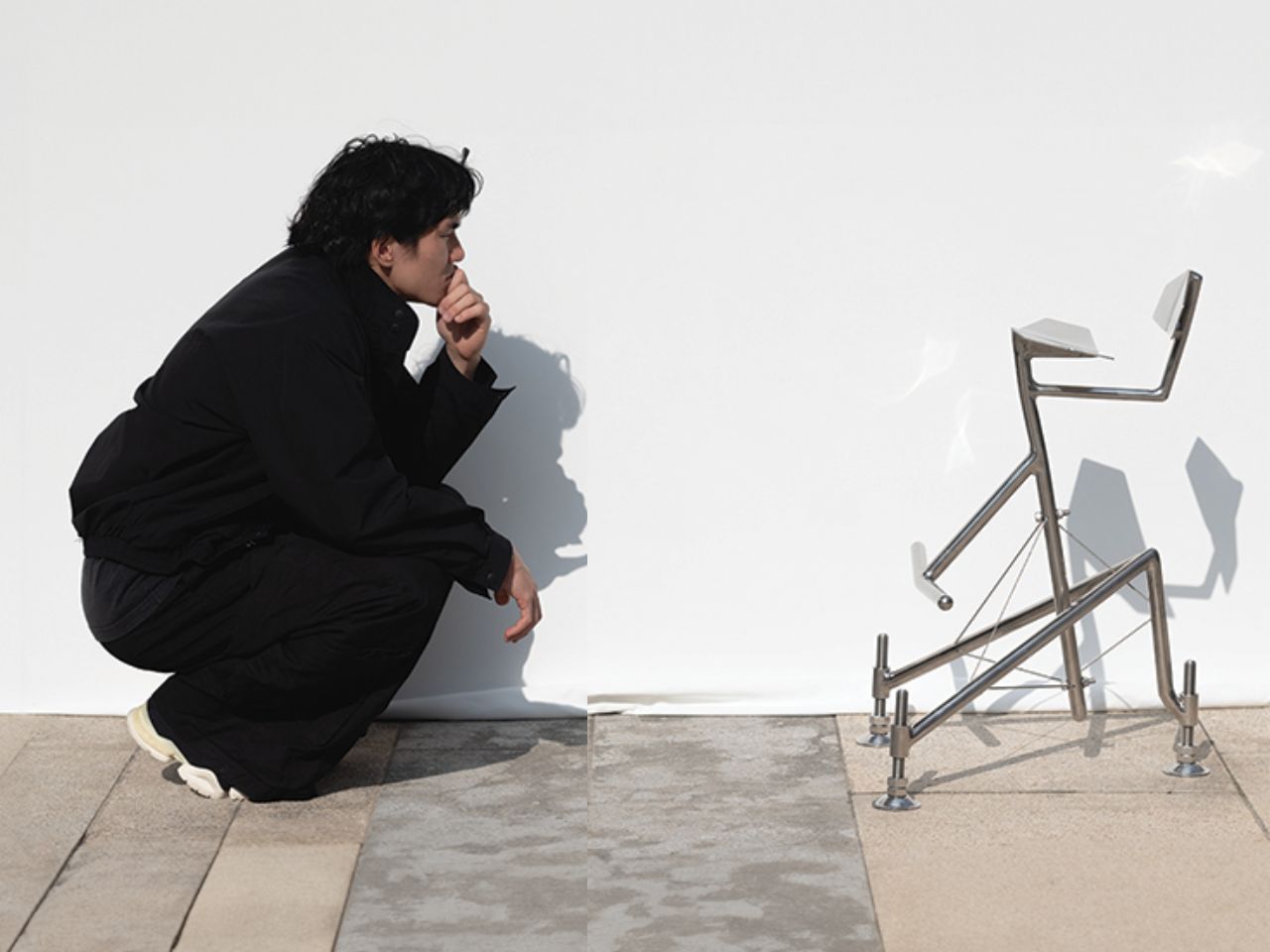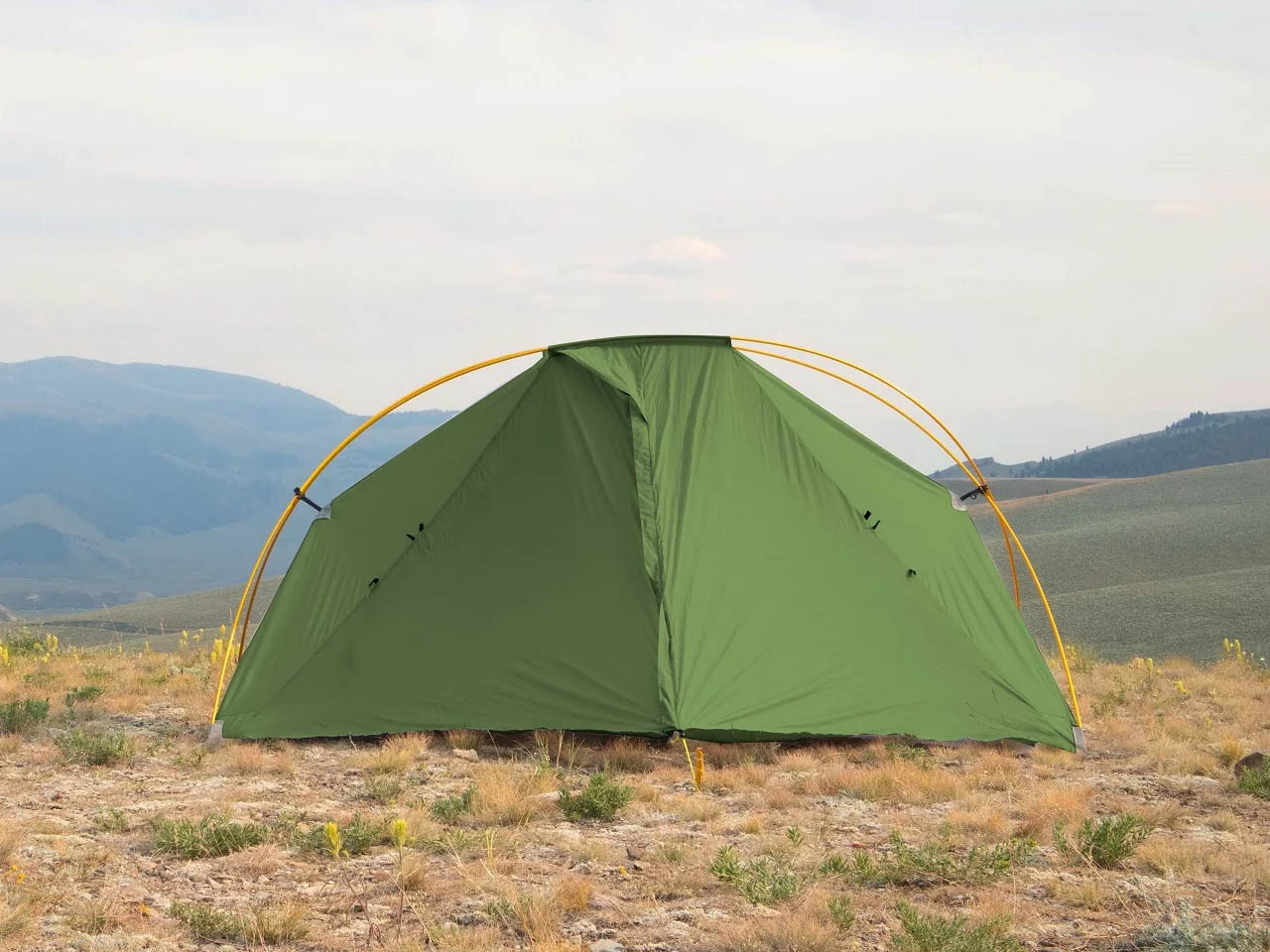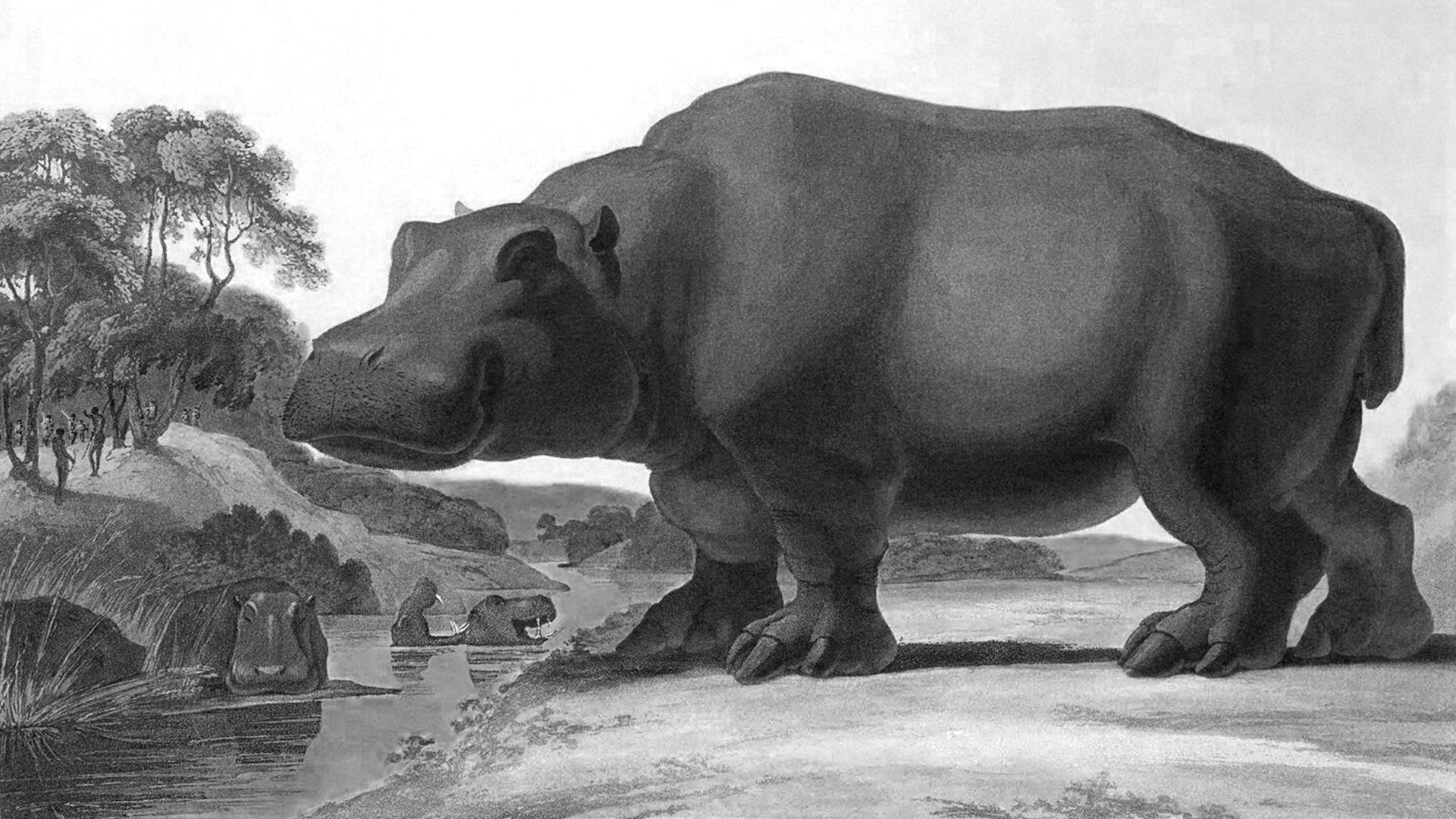Todd Snider Is A Songwriter’s Songwriter
Stacie Huckeba The Nashville veteran revisits his body of work on the 'Best Of All My Songs' box set.
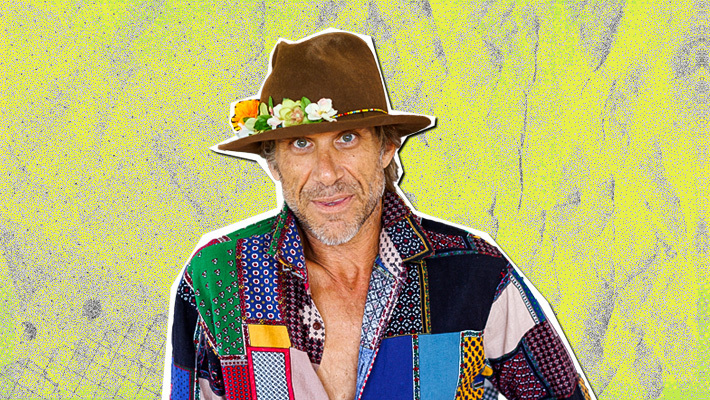
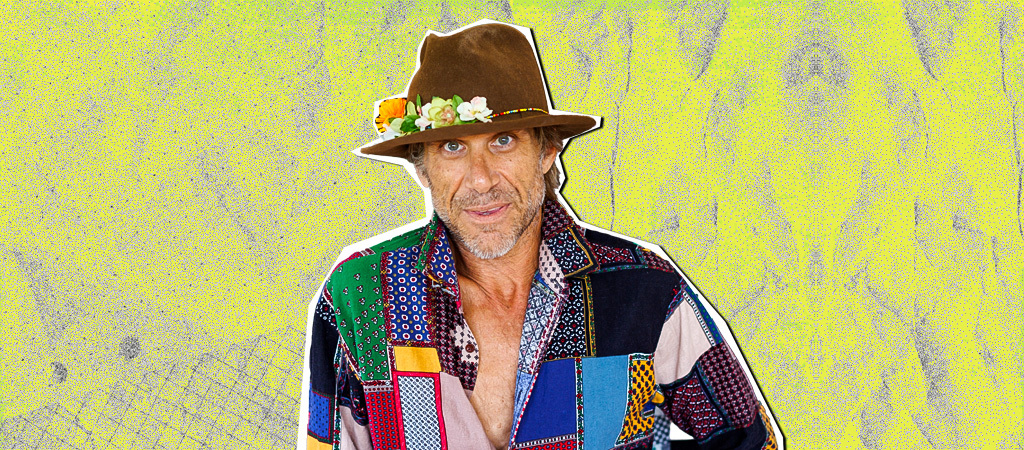
Throw a rock in Nashville and you will hit an earnest singer-songwriter who claims to be influenced by the country-folk greats of the 1970s: John Prine, Kris Kristofferson, Jerry Jeff Walker, Billy Joe Shaver, etc. But almost nobody feels like they could have come out of the 1970s. Not only because they lack the writing chops, but they also don’t quite have the attitude or the gravitas.
Todd Snider is the rare exception.
A songwriter’s songwriter, the 58-year-old has been recording and performing for more than 30 years. His first notoriety arrived in the mid-nineties when he scored a smart-ass novelty hit called “Talking Seattle Grunge Rock Blues,” in which he posited silence as “music’s original alternative.” At the time, he was a folk singer stranded in a sea of grunge bands and big-hatted Garth Brooks wannabes. He didn’t fit in, and he was still finding himself. Snider didn’t really hit his stride until a decade later, when he put out a series of gloriously ragged records — including 2004’s East Nashville Skyline and 2006’s The Devil You Know — that reimagined John Prine’s iconic 1971 debut as if it had been recorded in one night with the Rolling Stones in the south of France during the Exile On Main St. sessions. The music rocked, but the words — a mix of sly one-liners and closely observed daily minutia from an outsider perspective — were what stuck in your head.
Snider’s specialty is storytelling songs about down-and-out losers who just might be hitting rock bottom, rendered with a mix of gallows humor and nonchalant pathos. One of my favorites is “Tillamook County Jail,” from East Nashville Skyline, in which a guy wonders if his girl will pick him up after an unnamed skirmish. At one point the cops beat him up, which he calls “the Tillamook County lie detector test.” (“It’s a tough test not to fail,” he adds.) And then there’s “The Highland Street Incident,” which plays like a gritty seventies crime film condensed into a three-minute song. Snider portrays the song’s narrator, who is recounting a robbery that clearly went awry:
Did we get arrested? No we did not
We didn’t shoot anyone, we didn’t get shot
We didn’t hurt anyone, at least not a lot
And we got what we wanted
As good as these songs are on record, there are even better in concert. You get that sense from his excellent live records — 2003’s Near Truths And Hotel Rooms, 2011’s Todd Snider Live: The Storyteller, and 2022’s Live: The Return Of The Storyteller — but seeing him in person is a singularly charming experience. As those album titles suggest, the live show revolves around Snider’s rambling stage patter as much as it does the songs. Sometimes Snider’s stories go on longer than the music. (I have described his live records as comedy albums that happen to have some songs on them.)
Snider also has the requisite troubled back story for a singer-songwriter of this type — the trips in and out of rehab, a divorce, and health problems, including a debilitating back condition that has kept him off the road the past two years. He’s also lost some of his closest friends in recent years, many of whom were mentors and father figures: Prine, Kristofferson, Jimmy Buffett, and Curb Your Enthusiasm star Richard Lewis, who he calls his best friend.
In recent interviews, Snider has struck a pessimistic posture when asked about whether he will ever tour again. A note of finality about his career, at times, was alarmingly discernible. Frankly, I was worried about him. But when we spoke by phone last week, I was pleasantly surprised by his upbeat mood. He plans to record a new album, he says, and to play some shows in the fall.
“I’ve been really lucky,” he said. “I just took two years off and I’m being reflective, because my dad died when he was 54. And I’m four years past that now.”
Snider’s demeanor was buoyed in part by a new box set released last month of solo acoustic recordings. Titled Best Of All My Songs, it’s culled from online broadcasts from the pandemic era, and includes 50 tracks along with plenty of side stories. Along with Cash Cabin Sessions, Vol. 3 — a 2019 effort laid down at Johnny Cash’s Tennessee cabin with guest stars like Jason Isbell and Amanda Shires — it represents a retrenchment to his signature folk style after various sonic detours into garage rock (2016’s Eastside Bulldog), jam-band music (his band Hard Working Americans), and backwoods funk (2021’s First Agnostic Church Of Hope And Wonder).
He says the process of revisiting these hilarious and heartbreaking tunes has changed his perspective on his body of work. “I like them better than I thought I would,” he says, I imagine, with a crooked grin.
This box set derives from your online All My Songs series. How did that come about?
I have a studio in East Nashville. And me and my buddy, my tour manager, he and I had been gathering gear down there. All of a sudden, we got interested in cameras and lights and those types of things and started collecting them. We didn’t even know what we were going to do with them. Then right when the pandemic hit, we were like, “Well, we could use all this stuff.” He sat down and figured if we bought this thing and that thing, we could be on the computer like it’s television and do a show on Sunday.
After that show, Fiona Prine called and said John was gone. So I drove back down to the studio and we said, “We’re going live and I’m going to start playing Prine songs.” And I played all of them. And it was so healing. And that day, I was like, “I love this.” I felt like a DJ. It was a new art form.
Bob Dylan always says that the best versions of his songs are almost never on the records.
I definitely feel like that. When I listened to this box set a couple days ago, I was like, “I finally made this album that I wanted to make.” It’s got way too many songs on it, but that’s what it took. And then I think everything before was pre-production. I finally figured out if I film myself so there’s an audience, but they’re not there, that could do it.
I read this recent quote from you that I thought was really interesting. You were talking about John Prine and the influence that he had on you and your music. You said, “He healed my memories and turned them into medicine for others. My songs grew from words meant to win arguments and get back at girls who rejected me, to opening up my heart and showing people what was in there.” I was wondering if you could talk about that.
That was right after my third record, and that was the kindest thing that anybody had ever done for me. And he stayed with it. I still can’t believe I got to have that. I know that he knew how important he was to me already when he made that move.
Was that something he said to you explicitly?
Yeah. We met when he was making The Missing Years. He just treated me like his friend. He came to a bar and saw me play. And then a friend of his in Memphis had been helping me and got me a record contract, and as soon as I got one, John asked me to open some shows. And so I did that. And then I think after the second record came out, I asked John’s manager to manage me. Even though the guy who was managing me at the time, he didn’t stop or anything. He just stopped getting money. His name was Bob Mercer. He just loved me like his kid.
I had never really understood what I was doing that was sort of pure or whatever. I just was letting it all hang out. And then, if you get a record deal, usually it makes you kind of mad eventually because it gets picked at by everybody. And so on my third record, I settled a lot of scores, bragged a little bit. All I knew was, “What’s wrong with my songs, man?” It’s not even that people don’t like them. When I’m singing them, I just can’t wait for them to get over. And then that’s when he spoke up and said, “I can help.”
I had 13 songs that I gave him and his manager a CD. I came back the next day and they said one of them was really good. The song was called “Missing You.” And I said, “What about the others?” And John was like, “Ain’t nothing going on with any of them.” And then he said, “There’s this other song about DB Cooper that’s kind of going somewhere. I just don’t get why you’re the one telling me that. And then there’s this other one called “Harder To Listen” where you’re telling some story about the girl going to AA and how dumb they are. And I think it’s about you going to AA and being intimidated.” And then he was like, “If that wasn’t about a girl who thought everyone was stupid and it was about a guy who was afraid of everybody, you might have a song.”
I worked on “DB Cooper” until I realized that my dad was wanting them to catch him and I was wanting them not to. And when I put that in the song, John’s like, “That’s why you remember it. That might’ve been the first time you disagreed with your dad.” I’m going to get choked up now.
I made the record. It’s called Happy to Be Here. Then my best friend got cancer, and I fell into super hard dope with him. I felt like that’s when I had my back to the wall and I just had to do something. And I made a record called East Nashville Skyline with my friends and didn’t allow any grown-ups around. And when I was done, John was like, “Man, here’s the keys, son.” That’s it. He talked to me different after that, from that day forward. And it wasn’t like it was a success. It was just like, “That’s kind of original and honest and heartfelt and no crap in there.”
That’s when I got on board with your music.
I love that one. It means so much to me. The label was John. I had a feeling it would be cool, so I just said, “Look, I want to make the record and give it to him.” That means if they don’t like it, I’m mowing everybody’s yard for years. So, we made it for nothing on the gamble that they’d like it.
I thought about “DB Cooper” when that health insurance CEO got murdered. The killer has some DB Cooper-esque qualities.
Yeah, that’s right. I hadn’t thought about that. He killed a guy, but he was a dick.
Have you been writing songs lately?
I have, would you believe? I’ve been home for two years and it’s not going to be a better album than any before. Might possibly be worse, but I’ve been able to work on the songs. I love to rewrite. I can do it for hours every day. I’ve had 10 or 12 songs going now for a few years. And there’s a young guy named Aaron Lee Tasjan, who’s a recording artist, but also a producer. And another guy named Robbie Crowell who plays piano for Sturgill Simpson, but he’s also a producer and has played with me.
I love Robbie’s playing. He was great on the Sturgill tour.
Yeah. That tour was amazing. Robbie and Aaron, when they first got to town, they were in my Bulldogs band. It’s been fun watching them grow. And I learned from them. So those two are like soul brothers. And then I have this kid, Sterling Finlay, he’s like a brother and he lives in Texas and has been playing with bands forever and he’s coming too. And those four, we’re going to set up in my house.
Are these political songs? Love songs?
Let’s see. [Starts reading song titles.] “The Phone Call,” “While We Still Have a Chance,” “The Temptation To Exist.” “Another Likely Story.” “High Lonesome And Then Some.” “Stoner Yodel No. 2.”” Petey Wheatstraw Blues,” or it’s also known as “Sockdologizing Old Man Trap.” “If You’re Happy And You Know It, Keep It Down.” Then there’s another one called “60,000 Miles An Hour.” One called “The Counts Of Saint Germain,” but that might be called “Psych”. And another one called “Nobody Makes a Memory Like You.”
Wow.
I’ve had them on blocks the whole time. I have to finish two. I have like three verses to make up.
Do you see yourself touring in the future?
I do, but part of that is I’m thinking really positive. It’s the part of my life I love the most. And I didn’t know the last time that it might be the last time. I have this disease called stenosis. It doesn’t get better. It just gets worse. And so, if I’m going to do it, I got to do it now.
How does the disease affect you?
At first, my stomach was way up in my diaphragm, and I thought I was done. But now it’s back where it should be. My bones hurt though, and it’s hard for me to stand up sometimes. At times I go on tour and just take pain pills towards the end, but the last year I didn’t do it. I’m not 60 yet, and I love drugs. I always loved drugs, but I don’t want to have to take them. I love pain pills when I don’t need them. So, I turned into one of them “stretching all the time and meditating” people. I’m in okay shape, I walk a lot and stuff. But I think I’m going to have to start swimming. I have to get stronger.
It seems like you’re in a relatively good place.
I am. I am. I’m looking forward to recording these songs. For some reason, I don’t know when it happened — about two weeks ago or something — it was like, “All right, let’s get this going again.”
Before I let you go, I wanted to ask you about the late Richard Lewis. I didn’t know how close you were.
Jim Keltner introduced me to him years ago. We’d get on the phone a bunch during the day and he was involved in everything I did to the nth detail. When I’d record or when he’d be on the set of Curb, he’d call me during the breaks. I was always recording and calling him, running lyrics by him. I hadn’t made decisions without him in a decade. I made a management switch right before he passed, and that was the last thing we did together. It was his idea, and he held my hand through that.
We were, I guess, best friends. He was the funniest person, but also insanely thoughtful. And yeah, we just got caught up in the minutiae of each other’s lives. It was like, “I gotta race home, I gotta hear what kind of shoes Richard ended up getting.” I loved him so much, and his wife Joyce.
He had been having heart trouble. And he’s exactly like the character, so if his heart felt weird, he was on his way to the ambulance. And then one night, to me and Joyce, he was like, “My heart feels a little weird tonight, but it’s fine.” Oh really? You don’t want to shut the government down? He was like, “Nah, I’m just going to go to bed.” In a way, I think it was his way of saying, “I’ve had it.” His last two years were pretty painful. He was getting some leaves out of the gutter and fell, broke his shoulder. I remember that day. And then he never recovered. Two years later, he was gone of a heart attack.
One more story and then I’ll let you go: He talked me into booking a show with him in a really teeny club so that he could try out new material. He was going to go first and it was a set-up. He went out there and did his best 40 minutes and there was nothing left to do when I went up there. People left during my shit. He was in the balcony. I called him Mussolini. He was in the Mussolini seats up there laughing his ass off. It was very much like a Curb Your Enthusiasm episode.
It was a spite set!
[Laughs.] It was!
I wonder if Richard saw you in a way as a stand-up comedian. I’ve described your live albums as comedy records with songs put between the stories.
Well, he definitely thought that I was really funny, and I could crack him up. But when people around us would say, “He could do stand-up,” he’d be like, “No, he’s doing this thing Will Rogers used to do. It’s different. It’s way easier.” And then he’d say, “Write a joke.” And I would write jokes and he’d be like, “No, no, no, no.” And then I wrote one joke he said that was really good. He’s like, “Now that is a joke, and yet, you can’t ever tell it.”
[Todd tells me the joke but makes me promise not to put it in this column. It’s very funny, though.]
What's Your Reaction?









